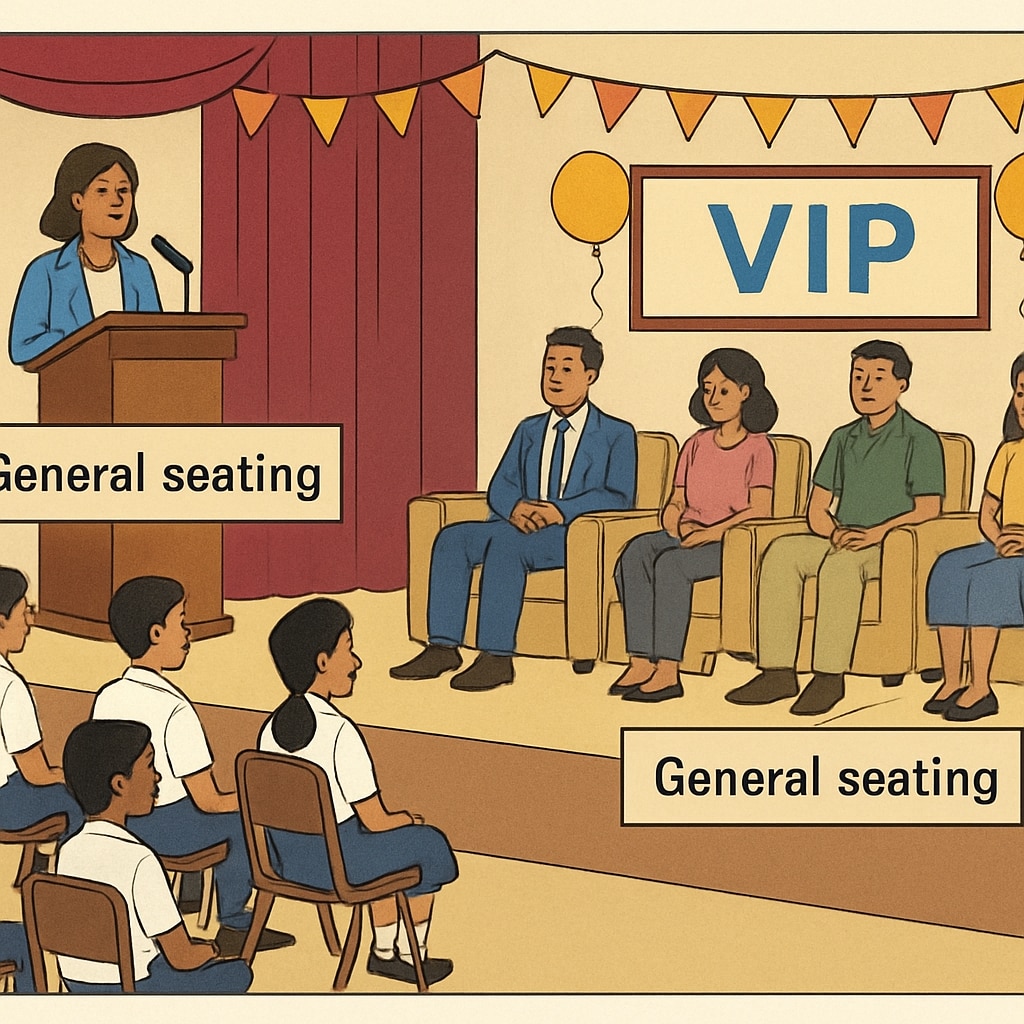School fundraising practices have become an essential part of many educational institutions’ financial strategies. However, some schools adopt a model where larger donations grant families access to exclusive privileges, creating a system that rewards affluence. This approach, while effective for raising funds, raises concerns about economic inequality and hidden discrimination. When “school fundraising,” “economic discrimination,” and “privileged activities” intertwine, they risk undermining the values of fairness and inclusion that schools strive to uphold.
The Hidden Costs of Privileged Fundraising Activities
Fundraising models that tie donations to exclusive rewards, such as VIP event access, preferential seating, or special recognition, inadvertently send a message about the value of wealth in the school community. For example, families who donate more might gain access to private dinners with school officials or priority spots in extracurricular programs. While these activities might seem harmless, they exacerbate existing economic disparities and create a sense of exclusion for families unable to contribute at high levels.
In addition, such practices may lead to unintended social divides among students. Children from families unable to participate in “elite” fundraising tiers may feel alienated or less valued. This not only impacts their self-esteem but also fosters an environment where financial capability defines social belonging.

Economic Inequalities Amplified
The implications of donation-based privileges extend beyond the immediate school setting. By normalizing the idea that higher economic contributions warrant better treatment, schools may inadvertently reinforce societal inequities. This dynamic parallels broader systemic inequalities where wealth translates to access and opportunity.
Moreover, these practices can alienate parents and guardians who feel their limited financial capacity prevents them from fully engaging in their child’s education. Instead of fostering a collaborative and inclusive community, these models risk creating resentment and division.
For context, consider the concept of economic inequality on Wikipedia. Economic disparities, when perpetuated in educational settings, can have long-term effects on social mobility and community cohesion.

Alternative Approaches to Inclusive School Fundraising
To address these concerns, schools can adopt more inclusive fundraising strategies. Here are some practical alternatives:
- Equal Access Activities: Organize events or activities where participation is not tied to the amount donated. For example, a school fair where all families contribute through volunteering or non-monetary means.
- Anonymous Contributions: Implement anonymous donation systems to avoid creating a hierarchy based on contribution levels. This ensures all families feel equally valued, regardless of financial capacity.
- Community-Based Initiatives: Shift the focus to broader community engagement, such as crowdfunding campaigns or partnerships with local businesses, to diversify funding sources and reduce reliance on individual family contributions.
- Recognition Without Exclusivity: Acknowledge donors in a way that does not create visible disparities. For instance, a collective “thank you” wall where all contributors are celebrated equally.
These strategies not only promote fairness but also align with the broader mission of education as a tool for empowerment and equality. Schools can take inspiration from initiatives like philanthropy on Britannica, which emphasizes the importance of inclusivity in giving back to communities.
A Call for Reflection and Change
While schools face increasing financial pressures, the methods used to raise funds must align with their ethical and educational values. By reconsidering approaches that reward affluence and create hidden economic discrimination, schools have an opportunity to foster environments that prioritize inclusion, equity, and mutual respect.
Ultimately, fundraising should not be about creating privilege but about building a stronger, more united school community. By adopting equitable practices, schools can ensure that every family feels valued and every student has an equal opportunity to thrive.
Readability guidance: This article maintains short paragraphs and includes lists to improve clarity. Overuse of long sentences and passive voice has been avoided, and transitions like “however” and “in addition” are used to ensure smooth reading.


